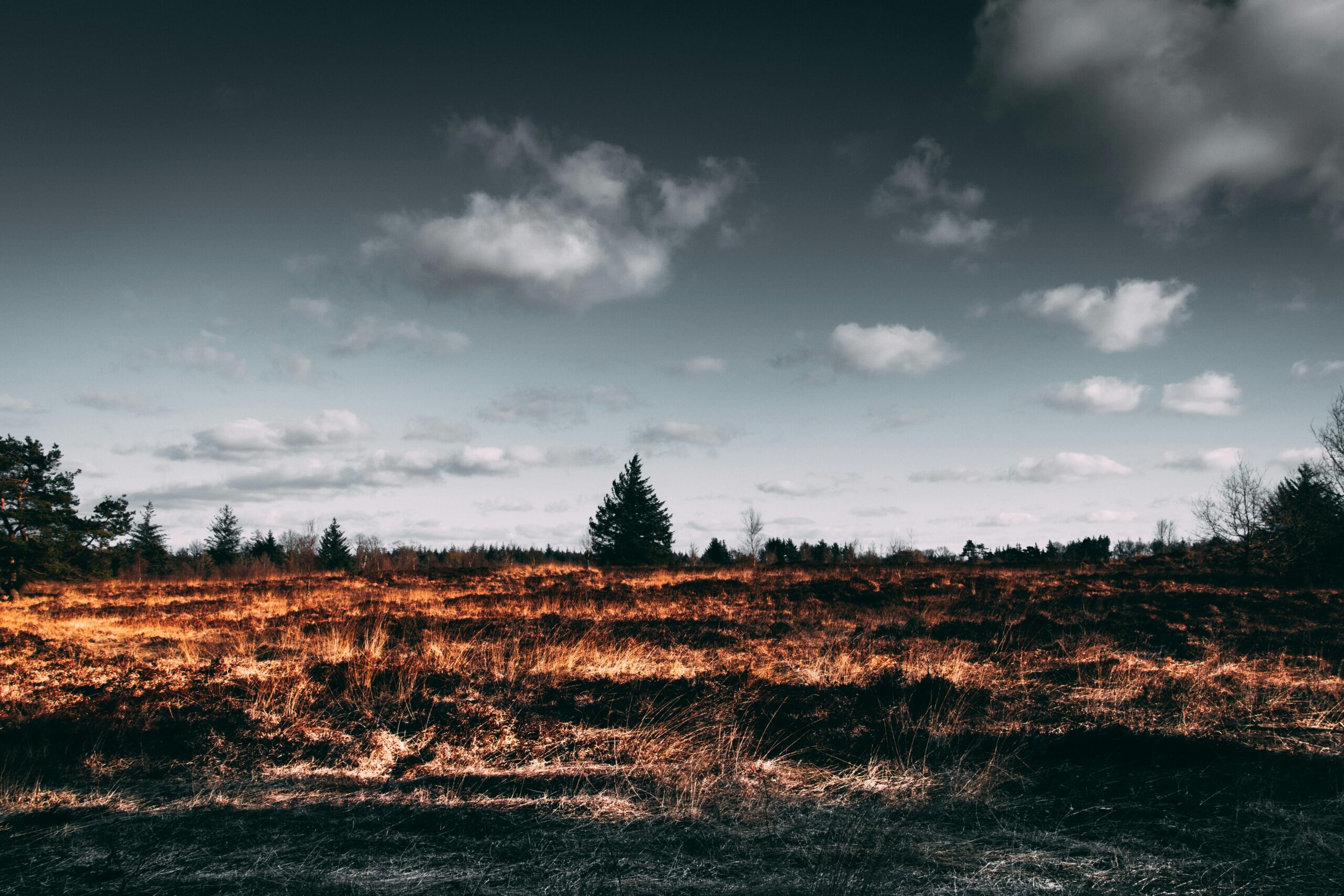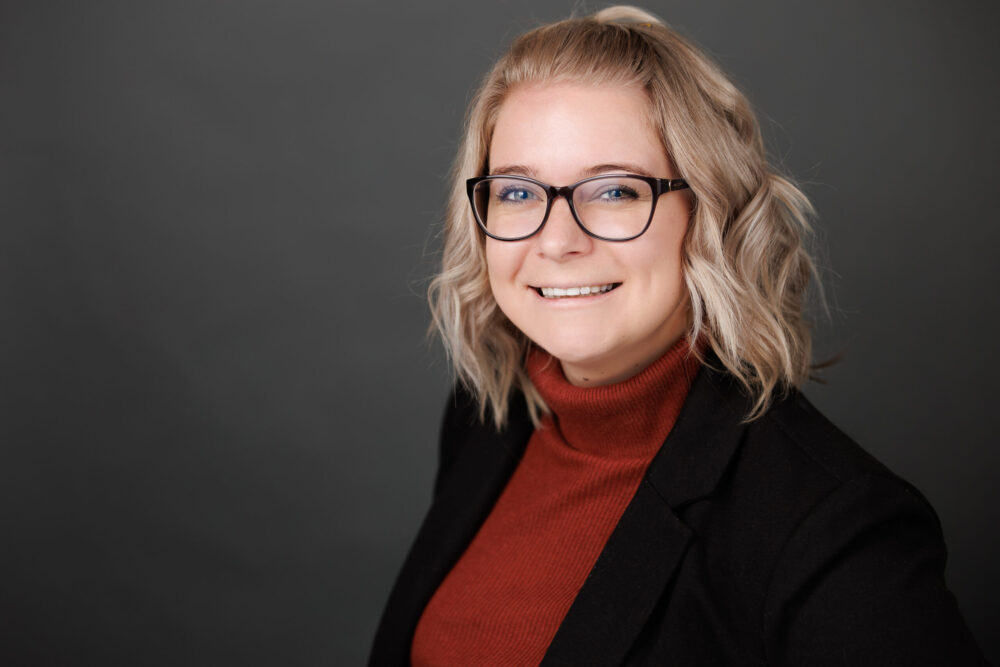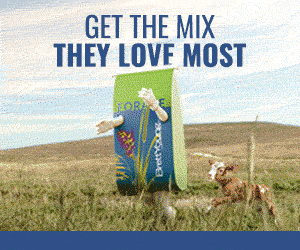AB Direct - Steers
Rail: 520.00 del
AB Direct - Heifers
Rail: 520.00 del
US Trade- Steers
Rail: ---
US Trade - Heifers
Rail: ---
Canadian Dollar
0.13

Alberta enhances wildfire preparedness
In response to increasing wildfire activity, Alberta’s government is taking steps to safeguard communities and improve emergency response. This includes investments in equipment and personnel, alongside strategies to boost local firefighting capacity, readiness, and resilience.
Through the Wildland Urban Interface Program, six local fire departments will receive funding to improve wildfire preparedness and response capabilities. This initiative will increase the number of existing Wildland Urban Interface teams, ensuring a more coordinated effort to protect communities from potential wildfire emergencies.
Mike Ellis, Minister of Public Safety and Emergency Services, says Alberta’s government continues to make investments to strengthen the way emergencies are handled.
“We are increasing the number of Wildland Urban Interface teams in Alberta to ensure the safety of Albertans’ businesses, neighborhoods, and critical infrastructure during wildfires,” says Ellis.
The Wildland Urban Interface Program targets zones where developments such as homes, farms, or industrial sites border or mix with natural vegetation at risk from wildfire. Fires in these transitional areas between forests, grasslands, and populated communities require the expertise of both wildland and structural firefighters. Wildland Urban Interface teams consist of firefighters with specialized training and equipment to respond to wildfires that enter communities or where developed areas meet wildland areas.
This program is a partnership between the provincial government and local fire services, with funding from Natural Resources Canada. The province coordinates and funds the program, while local fire departments contribute personnel, equipment, and resources. The expansion will enhance the deployment of specialized resources across the province and improve municipal fire service capacity through additional training and technical support.


